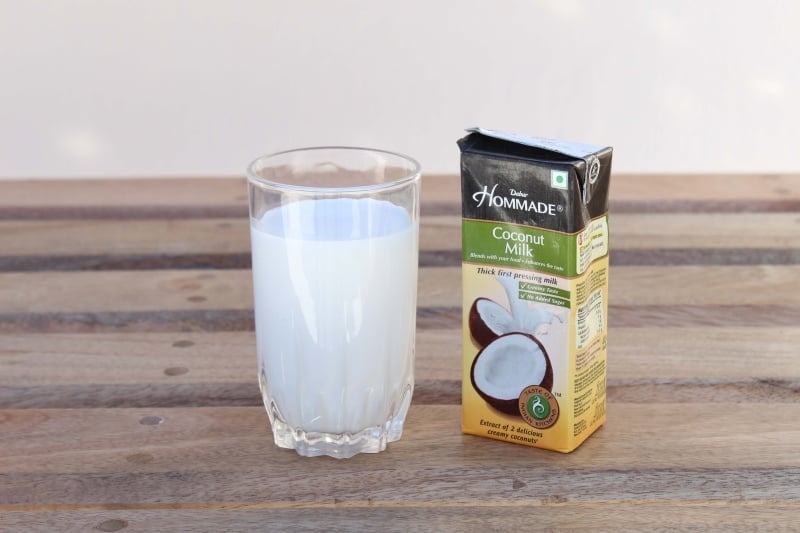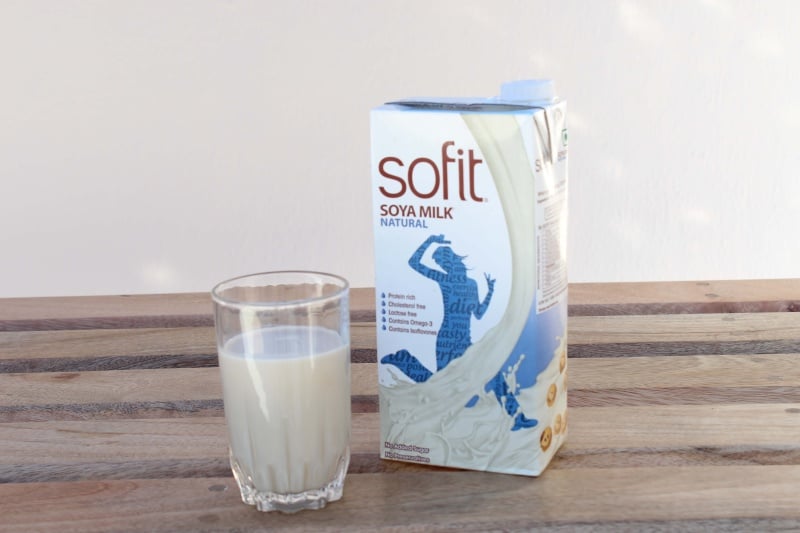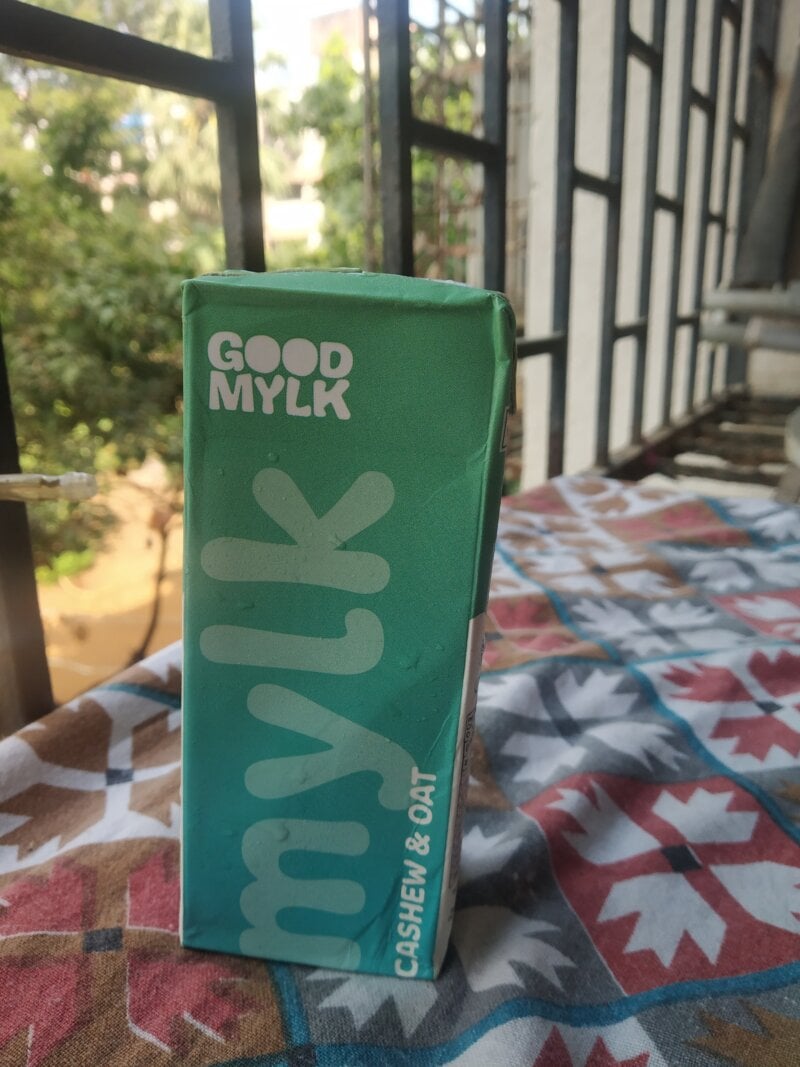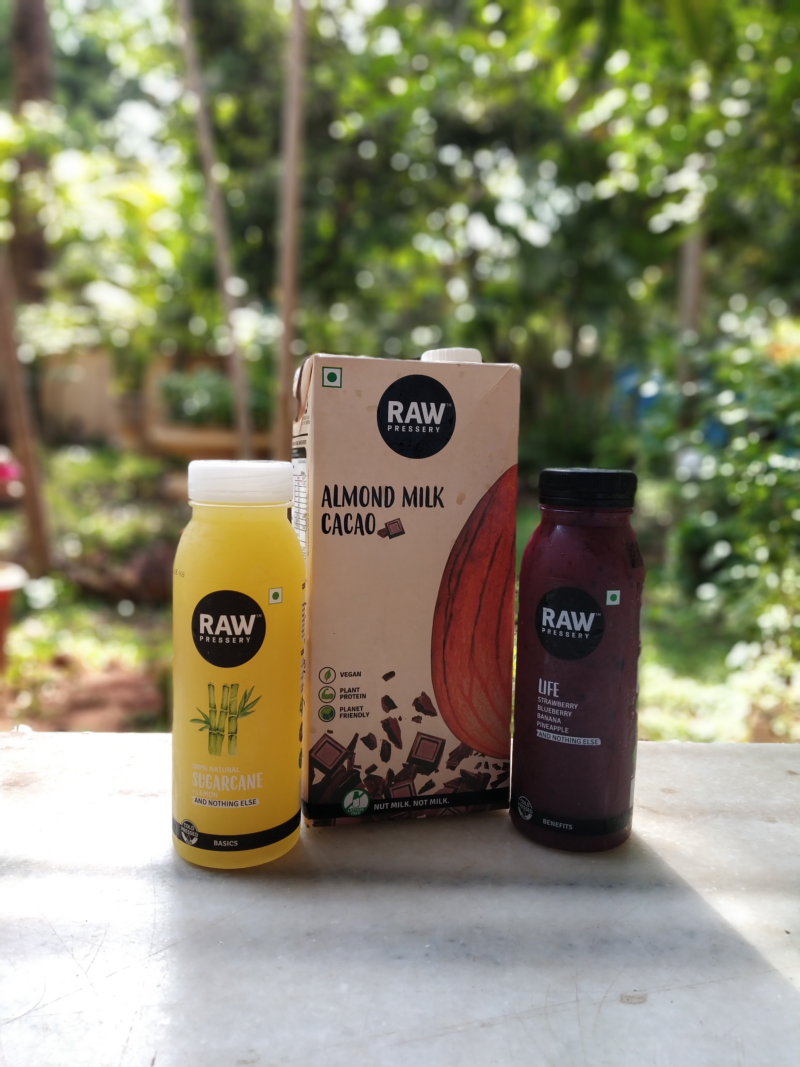PETA India Advises Panicked Amul to Ditch Dairy
In response to Amul’s recent ad disparaging vegan milk, which reeked of desperation, PETA India fired off a letter to the company offering some sound advice: stop panicking, accept that delicious dairy-free milks are here to stay, and make the ethical, business-savvy decision to switch to producing them exclusively – or other companies that are smart enough to diversify will leave you in the dust.
In the letter, PETA India points out that the demand for vegan food and beverages is so great that a report by Grand View Research revealed that the global dairy alternatives market is estimated to reach USD$52.58 billion by 2028. Analysts at the British financial services company Barclays predict that the vegan food and beverage market could increase by more than 1,000% by the end of the decade, and a 2019 article on a website run by Franchise India Holdings Limited found that the number of vegans in India has risen by 360% in the past decade.
In India, the dairy sector is the primary supplier of cattle to the beef industry. Today, most cows and buffaloes used for dairy are raised in a factory environment. They are artificially inseminated by workers who insert their arm into the animal’s rectum and a metal rod carrying bull semen into the vagina. If this happened to a dog, we would consider it rape, and it is no less violating to a cow or buffalo just because it happens institutionally.
Their calves are typically taken from them shortly after birth so that the milk nature intended for them can be consumed by humans instead. You’ve seen them on the street: male calves who are of no value to the dairy business, cast out to starve. Many others are sold to be killed for their flesh and skin, while females are sentenced to the same fate as their mothers. They’re used as milk machines until their bodies give out, at which point many are abandoned or slaughtered.
Such is the dairy industry’s panic that the National Cooperative Dairy Federation of India has made a plea in the High Court of Delhi that only animal milk be permitted to be called “milk”. However, in a 2018 article, the Smithsonian Magazine explains that referring to plant-based milks, such as coconut milk, as milk dates back centuries and is consistent across countries. In vernacular terminology, it is referred to as badam ka doodh and nariyal ka doodh.
In its letter to Amul, PETA India notes that major dairy companies around the world – including Nestlé, Epigamia, Chobani, Danone, and Yoplait – are now investing in non-dairy options.












